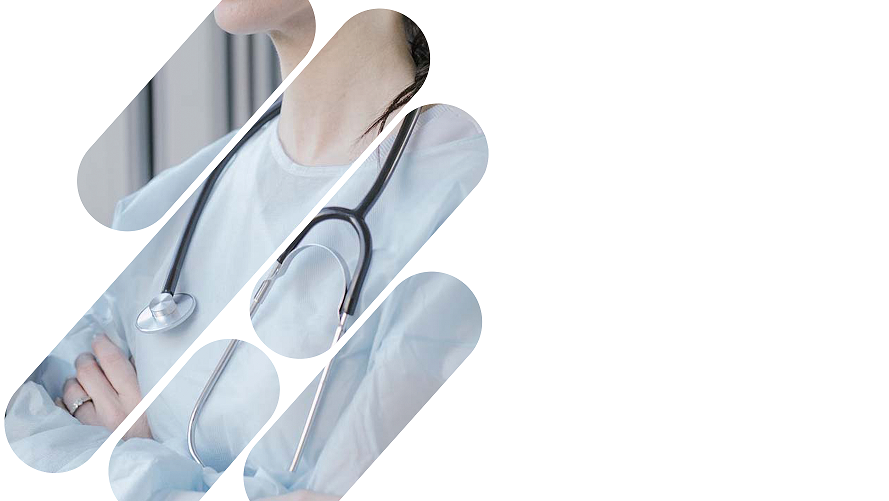 Given how difficult it is to secure a mortgage in this tremendous credit crunch we’ve been suffering from for what feels like an eternity, a lot of people nowadays, particularly the younger generations, are renting. Granted, when you think about it, it’s kind of a waste of money as your hard earned cash isn’t being invested in anything. But there are a few bonuses to the renting game.
Given how difficult it is to secure a mortgage in this tremendous credit crunch we’ve been suffering from for what feels like an eternity, a lot of people nowadays, particularly the younger generations, are renting. Granted, when you think about it, it’s kind of a waste of money as your hard earned cash isn’t being invested in anything. But there are a few bonuses to the renting game.
When you rent, the responsibility for a lot of factors to do with the property fall on your landlord. Whilst it is probably part of the agreed terms in your contract that you are responsible for the upkeep of furniture and certain fittings, things like utilities comes down to your landlord (aside from paying for them!)
This means that there is a duty on your landlord to PAT test any portable electrical items that come as part of the agreed let, and sockets, fuses, generators, and anything else electrical related falls within their responsibility. It’s prudent for your landlord to therefore have a system of inspection and maintenance in place. This can be a simple callout on a regular enough basis for an electrician to come out and inspect the premises.
Read More

 Given how difficult it is to secure a mortgage in this tremendous credit crunch we’ve been suffering from for what feels like an eternity, a lot of people nowadays, particularly the younger generations, are renting. Granted, when you think about it, it’s kind of a waste of money as your hard earned cash isn’t being invested in anything. But there are a few bonuses to the renting game.
Given how difficult it is to secure a mortgage in this tremendous credit crunch we’ve been suffering from for what feels like an eternity, a lot of people nowadays, particularly the younger generations, are renting. Granted, when you think about it, it’s kind of a waste of money as your hard earned cash isn’t being invested in anything. But there are a few bonuses to the renting game. Package holidays are fairly common nowadays. Who wouldn’t want to just pay a single fee for an all inclusive stress free holiday, where you don’t have to worry about booking the hotel, flights, transport, and other things separately. It saves a lot of time.
Package holidays are fairly common nowadays. Who wouldn’t want to just pay a single fee for an all inclusive stress free holiday, where you don’t have to worry about booking the hotel, flights, transport, and other things separately. It saves a lot of time.  These types of claims would have been quite uncommon a few years ago, but nowadays with the rich and famous openly admitting to have hair transplants, it appears that everyone wants perfect hair. However, as this procedure is relatively new it also means that a lot can possibly go wrong and consequently result in unfortunate injuries or adverse affects.
These types of claims would have been quite uncommon a few years ago, but nowadays with the rich and famous openly admitting to have hair transplants, it appears that everyone wants perfect hair. However, as this procedure is relatively new it also means that a lot can possibly go wrong and consequently result in unfortunate injuries or adverse affects. We often like to follow the trends of our American friends across the pond. They’re huge on shopping malls with everything you need under one roof, and that trend is somewhat catching on over here. I live in Derby and a few years ago, what was the Eagle Shopping Centre was transformed in to one huge Westfield shopping centre with pretty much everything all under one roof!
We often like to follow the trends of our American friends across the pond. They’re huge on shopping malls with everything you need under one roof, and that trend is somewhat catching on over here. I live in Derby and a few years ago, what was the Eagle Shopping Centre was transformed in to one huge Westfield shopping centre with pretty much everything all under one roof! Generally speaking, someone or some company is responsible for a pipe (I would have thought!). If it’s manmade, it’s been fitted by someone and is someone’s responsibility! So a pipe shouldn’t be allowed to leak and cause a potential hazard. Rather obviously if the pipe is carrying water or any other liquid, a slipping hazard can result.
Generally speaking, someone or some company is responsible for a pipe (I would have thought!). If it’s manmade, it’s been fitted by someone and is someone’s responsibility! So a pipe shouldn’t be allowed to leak and cause a potential hazard. Rather obviously if the pipe is carrying water or any other liquid, a slipping hazard can result. We live in an age where beauty is everything. We’re all concerned about how we look, and most people in modern society today follow the latest trends, fashions, and are out to look as good as they can. It’s no surprise therefore that more and more people are turning to cosmetic surgery to achieve this. It’s a common thing nowadays for people to nip down to their local clinic for a bit of Botox or a tummy tuck.
We live in an age where beauty is everything. We’re all concerned about how we look, and most people in modern society today follow the latest trends, fashions, and are out to look as good as they can. It’s no surprise therefore that more and more people are turning to cosmetic surgery to achieve this. It’s a common thing nowadays for people to nip down to their local clinic for a bit of Botox or a tummy tuck. Ear, Nose and Throat Surgery (ENT Surgery) is the study of disorders in relation to the ears, the nose and the throat – rather obviously. This is done by an ENT Surgeon. If you have sustained injury as a result of negligent treatment or care from an ENT Surgeon then
Ear, Nose and Throat Surgery (ENT Surgery) is the study of disorders in relation to the ears, the nose and the throat – rather obviously. This is done by an ENT Surgeon. If you have sustained injury as a result of negligent treatment or care from an ENT Surgeon then  It’s been a cold few months – and the roads are littered with defects and potholes. Common defects arise from the areas around drain covers, manhole covers, and similar such holes in the ground will often have defects around the edges due to adverse weather conditions. As soon as a cover like this gets sunken in to the ground, a tripping hazard ensues due to the surrounding sunken ground. That or just the general ground being rough and defective which causes instability and a hazard as equally as dangerous.
It’s been a cold few months – and the roads are littered with defects and potholes. Common defects arise from the areas around drain covers, manhole covers, and similar such holes in the ground will often have defects around the edges due to adverse weather conditions. As soon as a cover like this gets sunken in to the ground, a tripping hazard ensues due to the surrounding sunken ground. That or just the general ground being rough and defective which causes instability and a hazard as equally as dangerous. Most people want to know at the outset of a claim how much compensation they are likely to recover. While this question is understandable to ask, Solicitors cannot give you a value with any great certainty at the outset of your claim. To understand why this is the case, you need to look at how claims are valued. In law, another term for value is quantum. When a claim is initiated your injuries are more likely to be still ongoing rather than resolved, unless there was some delay between the accident and you
Most people want to know at the outset of a claim how much compensation they are likely to recover. While this question is understandable to ask, Solicitors cannot give you a value with any great certainty at the outset of your claim. To understand why this is the case, you need to look at how claims are valued. In law, another term for value is quantum. When a claim is initiated your injuries are more likely to be still ongoing rather than resolved, unless there was some delay between the accident and you 









